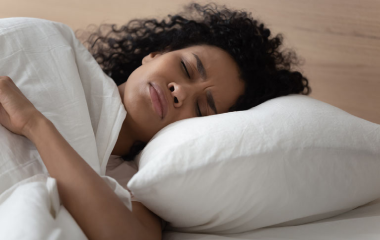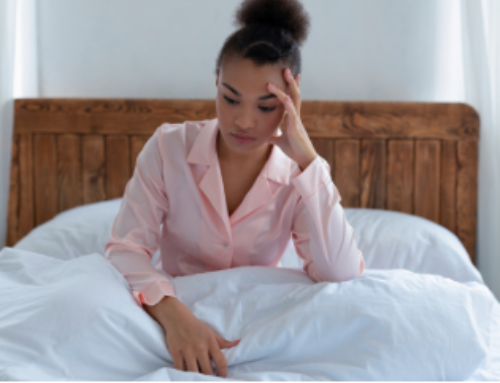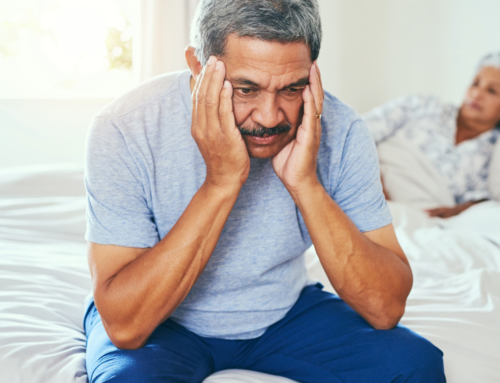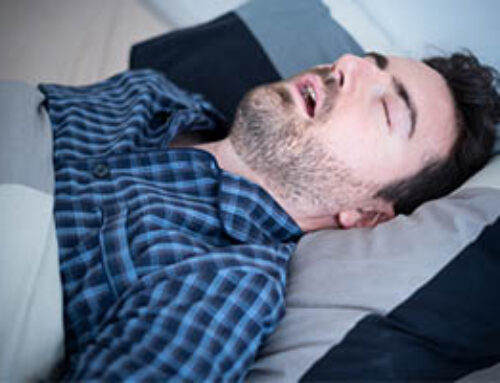Has coronavirus infected our dreams? A recent study found that COVID-19 survivors were more likely to have nightmares than healthy people.
Disturbing dreams on the rise
Researchers compared dreams and nightmares in people who had COVID-19 and those who did not have the virus.
They found that both groups reported greater dream activity and recall during the pandemic. There was no difference between the groups. However, there was a difference in how often the participants reported having nightmares. Those who had COVID-19 had a significantly higher number of nightmares compared to the controls. And those with more severe cases of the virus reported having the most nightmares.
Why would people who have had COVID-19 have more nightmares?
The researchers think the nightmares could be a consequence of a traumatic experience. When the study was conducted, there was little information about the virus and its treatment. The nightmares may be an attempt to cope with negative emotions related to COVID-19, the researchers say.
Feelings of fear and uncertainty, which were especially common in the early days of the pandemic, could contribute to stress. Stress, anxiety, and an irregular sleep routine are strong risk factors for having nightmares.
“It’s natural that the fears and stressors of daily life make their way into our dreams,” said Jennifer Martin, Ph.D., a member of the American Academy of Sleep Medicine (AASM) board of directors.
Emotional distress and bad dreams
Nightmares are relatively common. As many as 50% to 85% of people have occasional nightmares. However, only about 2% to 8% of people have nightmares that cause sleep problems.
Increased nightmares can also be a feature of post-traumatic stress disorder (PTSD). People with PTSD often report having frequent nightmares.
Several studies have found that the pandemic is linked to altered dreams and nightmares. Following healthy sleep habits, reducing stress, and maintaining a regular bedtime and wake time may help reduce nightmares.
If nightmares severely disrupt your sleep, get help from the sleep team at an AASM-accredited sleep center near you.
Medical review by Rafael J. Sepulveda, MD, DABOM
Related:
Authored by:
Kate Robards





